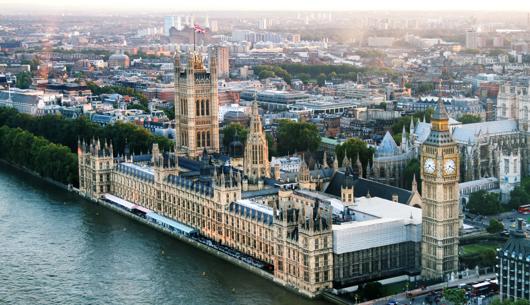Public Matters - October 2022
Updates include UK Shared Prosperity Fund, contracts, Subsidy Control Bill, data controller liability, Government Covid-19 procurement and Highway Code revisions.
Welcome to our Public Matters Newsletter.
This month we have:
Subsidy Control Act 2022: economic queries
In July, the long-awaited statutory guidance on the Subsidy Control Act 2022 (Act) was published in draft form. A consultation on the draft guidance has recently ended and the results have not yet been published – it may therefore change before the final version is published.
Integrated Care Systems lessons
Three months on from the commencement of the new statutory Integrated Care Systems, in this article, first published in the Local Government Lawyer Anja Beriro and Gerard Hanratty reflect on the main themes and issues that have come from the new relationship between local government and health.
Update on schools admissions
Any school wanting to change their admissions arrangements for entry from 2024, whether it be in Reception, Year 7 or Year 12, will need to consult for at least six weeks between 1 October 2022 and 31 January 2023, with at least the bodies set out in the Admissions Code consulted (broadly other schools, local authorities, parents, and relevant religious bodies). A full draft of the proposed arrangements must be published and details of where comments can be sent, provided.
Investment zones - getting the country working, building and growing
Investment zones have been introduced by the Conservative party to get the UK ‘working, building and growing’. Many councils have submitted applications, but the Government has not yet released details as to how many.
The Retained EU Law (Revocation and Reform) Bill
Retained EU Law is a category of domestic law created at the end of the transition period of Brexit. It consists of EU-derived legislation that was retained in our domestic legal framework by the European Union (Withdrawal) Act 2018. This was never intended to be a permanent arrangement, as such, clients should ensure they’re aware of which pieces of retained EU law are crucial to the operation of their business.
Economic crime and cybercrime
In this article, fraud specialist Paul Wainright seeks to navigate through the latest Government cybercrime policy reviews and offers insight into the way public sector organisations should be thinking when seeking to address these issues.
Failure to comply with PD57AC – it can be costly!
Practice Direction 57AC (or PD57AC for short) relates to witness evidence in trials and explicitly applies only to the Business and Property Courts. As demonstrated in a recent case, compliance with PD57AC is crucial, to avoid unnecessary risk or losses or in court.
IR35 rules here to stay after u-turn
On 17 October 2022, the new Chancellor announced a major u-turn concerning most of the tax measures previously announced in the mini budget - including the plans to scrap the off-payroll working rules from April 2023.









































